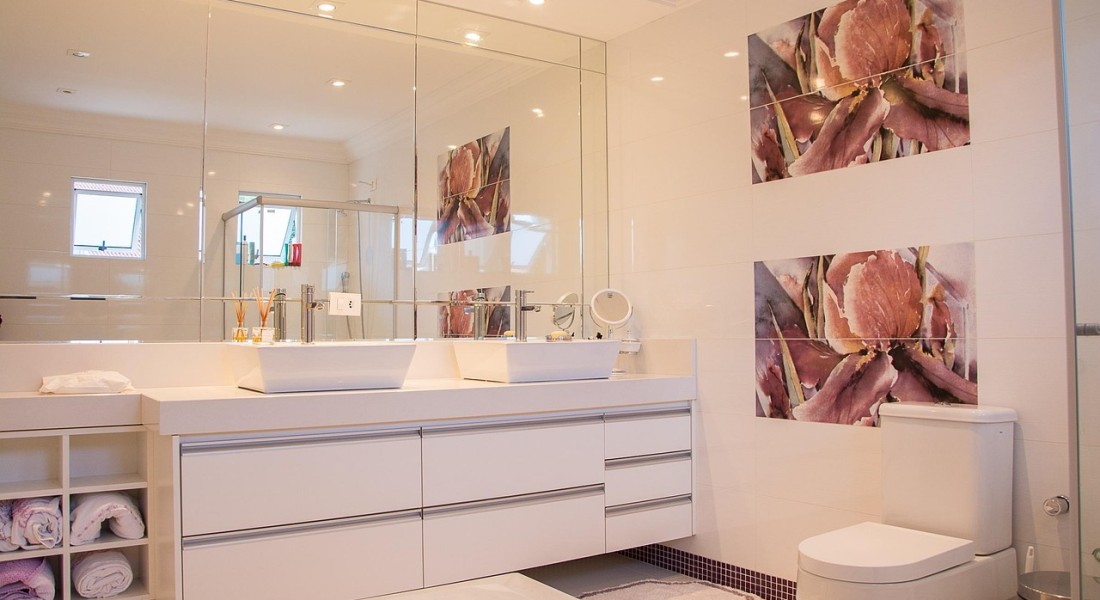In today’s competitive business environment, companies are constantly looking for ways to maximize profitability. While product quality, marketing strategies, and customer service are often the primary focus, one key aspect of business success that is frequently overlooked is the physical workspace. Efficient and well-designed business premises can play a major role in boosting employee productivity, reducing operational costs, and improving the overall customer experience. This article will explore how optimizing your business premises can lead to increased profitability and long-term success.
The Role of Efficient Business Premises in Employee Productivity
Employee productivity is one of the most direct ways that efficient business premises can impact profitability. A comfortable, well-organized workspace fosters a positive work environment, which translates into higher levels of employee performance and job satisfaction. When employees feel comfortable and motivated, they are more likely to be engaged in their work, leading to increased productivity and better output.
A thoughtfully designed office layout can minimize distractions and make collaboration easier. For instance, open office layouts can encourage communication and teamwork, while private spaces can allow employees to focus and work without interruptions. Additionally, having designated areas for meetings, breaks, and relaxation can enhance efficiency by providing employees with the right environment for various tasks.
Beyond layout, ergonomics plays a crucial role in creating a comfortable workspace. Ergonomic office furniture, such as adjustable desks, supportive chairs, and well-positioned computer screens, can reduce strain on employees and prevent health issues like back pain and eye strain. This contributes to fewer sick days and higher morale, ultimately leading to increased productivity and fewer interruptions in business operations.
Cost-Effective Business Premises Management
Efficiency doesn’t only apply to employee productivity—it’s also crucial when it comes to managing your business premises. Operating an energy-efficient office space can significantly reduce overhead costs, which in turn boosts profitability.
Energy efficiency is a major factor in reducing operational costs. By using energy-efficient lighting, HVAC systems, and equipment, businesses can reduce utility bills. For instance, LED lighting consumes less power than traditional incandescent bulbs and lasts longer, making it a wise long-term investment. Similarly, smart thermostats and energy-efficient heating and cooling systems can automatically adjust the office temperature based on occupancy, ensuring that the office space is neither too hot nor too cold, thus saving on energy costs.
Space optimization also plays a key role in managing costs. Businesses often lease office space based on the number of square feet required. By designing an office layout that maximizes space usage, businesses can reduce the need for additional office space, saving money on rent. Efficient use of storage, workspaces, and common areas means that businesses can minimize unused space, reducing unnecessary expenses.
Additionally, when businesses optimize their premises, they reduce the need for frequent repairs and maintenance. A well-maintained office space requires fewer repairs and lasts longer, meaning fewer unexpected costs and less disruption to operations.
Enhancing Customer Experience Through Business Premises
The physical space of your business premises doesn’t only affect your employees—it can also have a direct impact on your customers. A well-designed office or retail space helps improve customer experience, which can translate into higher sales, increased customer loyalty, and ultimately, greater profitability.
The first impression your business premises make on clients, partners, and visitors is crucial. A clean, modern, and efficient space communicates professionalism and shows that your business values its clients. Comfortable waiting areas, functional meeting rooms, and clearly labeled areas for customer service all contribute to a seamless and pleasant experience for customers. Installing ASI bathroom partitions in washrooms can enhance customer comfort and ensure that their experience in your premises is both convenient and pleasant.
The layout of your business also plays a role in customer satisfaction. Ensuring that customers can easily navigate your space and find what they need without frustration can improve their overall experience. For example, clear signage, organized product displays, and easy-to-find customer service desks all contribute to a smoother experience.
Additionally, businesses that create comfortable and welcoming spaces for their customers can build stronger relationships, leading to repeat business and positive word-of-mouth. In industries where customer service is a key differentiator, a well-designed space that prioritizes customer comfort can set you apart from your competitors.
The Long-Term Impact of Efficient Business Premises on Growth
An efficient business premises isn’t just about short-term gains—it also plays a critical role in long-term growth. As your business expands, having a scalable office space that can grow with you ensures that your company can continue to operate smoothly without disruption.
For businesses anticipating growth, designing premises with flexibility in mind is crucial. This includes choosing adaptable office layouts that allow for easy reconfiguration as your team grows. Flexible meeting rooms, open spaces for collaboration, and multi-purpose areas ensure that your office can accommodate changing needs without requiring a complete overhaul.
A well-designed office can also attract top talent. Job seekers are increasingly prioritizing workplaces that offer comfort, flexibility, and a positive environment. By investing in an efficient and well-equipped business premises, you demonstrate to potential employees that you care about their well-being, which can help you attract and retain the best talent in the industry. This, in turn, contributes to your business’s success and profitability.
Moreover, businesses that prioritize sustainability by incorporating energy-efficient designs and eco-friendly features can future-proof their premises. Sustainable practices not only reduce operational costs but also attract customers and employees who value corporate social responsibility (CSR). This can be an important factor in staying competitive in the marketplace.
Conclusion
Efficient business premises are a strategic asset, driving profitability by optimizing space, improving productivity, reducing costs, and enhancing customer experience. Investing in well-designed, efficient offices leads to increased productivity, lower operational expenses, and higher customer satisfaction, ultimately boosting employee performance and bottom-line profitability.



